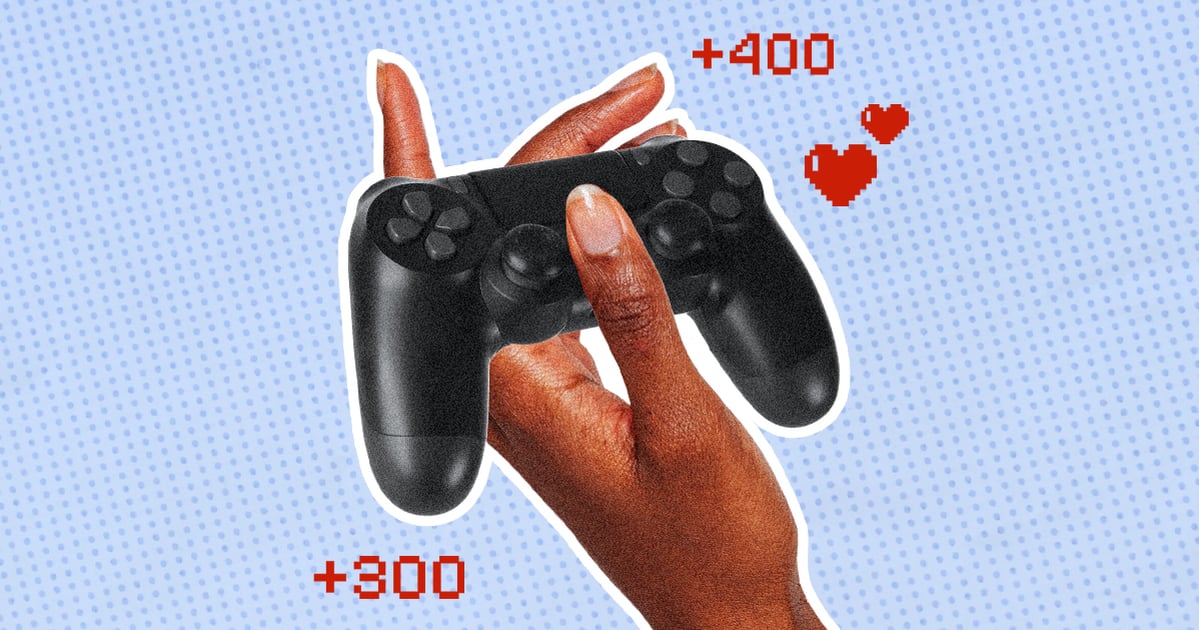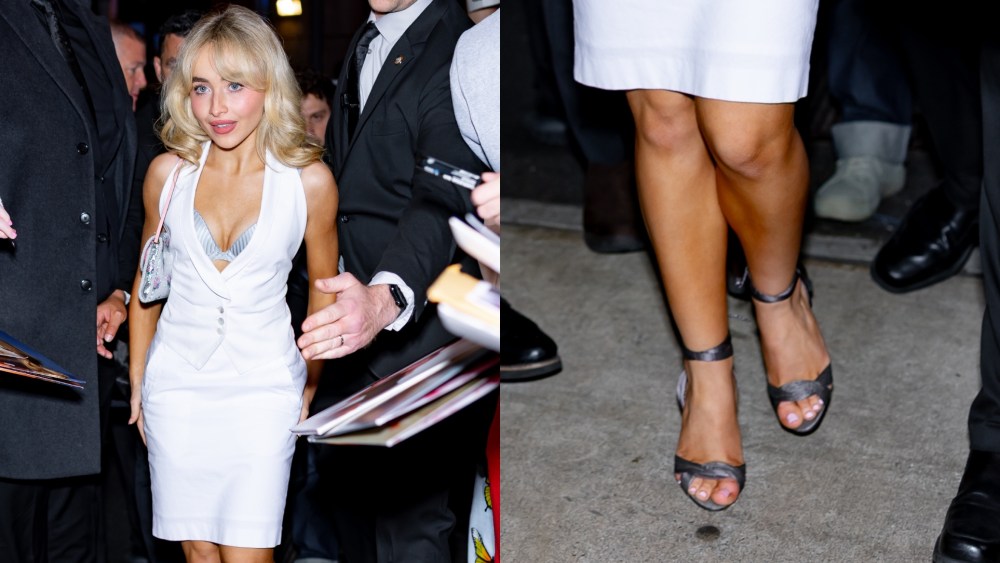In the last year, I’ve had a revelation while collecting dusty cartridges of Nintendo Game Boy games, listening to hour-long drum-and-bass compilations of old Sega soundtracks, and joining a subreddit community for a niche Nintendo DS game franchise. Being a gamer is just as much of my identity as being Black and queer is – and recently embracing all these identities in their complexity has filled me with joy.
While “console” refers to the act of comforting someone, its other meaning reminds me of the gray, square-shaped handheld device that holds a special place in my heart. In my lifetime, I’ve owned most of Nintendo’s consoles: Game Boy, GameCube, DSi, Wii, 3DS, and Switch. Each console and its catalog of games are drastically different from their predecessors, but the foldable device, in each iteration, has radicalized me as a gamer.
My self-proclaimed gamer girl identity began at 6 years old with an introduction to my silver Nintendo Game Boy Advance SP. My older brother and I bonded over every latest video game release, which led to frequent trips to GameStop. It wasn’t just the excitement of any new game, but I also saw myself reflected in the characters for the first time; Raven-Symoné in the “That’s So Raven” game was the first Black protagonist I’d seen. Not to be dramatic, but owning this Game Boy changed my life – I recently tattooed it above my left elbow.
As I grew up, identifying as a gamer girl carried a lot of negative connotations: you’re either hypersexualized, harassed, or named an impostor. As fortunate as I was to not be the subject of any targeted harassment, it wasn’t the easiest identity to embrace, especially as a Black woman.
For one, there’s long been a marked lack of Black women protagonists in popular games, which always made me feel like Black girls didn’t deserve a leading role. (There’s also a comically large running list of Black men characters who are subjected to the same lazy loc updo, dubbed the Killmonger cut.) But beyond the games themselves, online sexism and harassment is common in forums and the comment sections of Twitch, and palpable anti-Blackness only worsens the experience.
There’s also a problem in who’s actually creating the games. According to a 2020 survey by the International Game Developers Association, Black game developers only make up two percent of the industry. Although advocacy organizations like Black Voices in Gaming exist to elevate indie game developers, the barriers that have protected gaming as a white, men-dominated space have forced gamers to take diversity initiatives into their own hands.
Amira Virgil, known by her moniker Xmiramira, created a downloadable “Melanin Pack” for diverse skin tone and hair customizations in franchises like The Sims, and groups like Black Girl Gamers provide a safe space for Black women to escape the misogynoir that thrives within online gaming communities. Inclusion makes a lived impact for those of us gaming. During the pandemic, just like everyone else, I became obsessed with “Animal Crossing: New Horizons.” I appreciated that I could customize my character with a skin tone and hairstyle similar to mine.
Despite more conversation around this, Black gamer girls are still the victims of hate-based Twitch streaming raids, and we’re still lacking the option to play as Black main characters. In a 2021 article for Refinery29, Black Girl Gamers founder Jay-Ann Lopez expressed the experience of being “overlooked, underestimated, or outright ignored” as a Black woman gamer, and this frustration continues to be shared across the industry among gamers, Twitch influencers, developers, and spectators.
As Nintendo releases more women-led games for beloved characters like Princess Peach and Princess Zelda, I can only hope that more Black women are involved in the writing, development, and customization process of these games. There isn’t a foreseeable end to the misogynoir within the gaming industry, but more monetary support and advocacy for communities like Black Girl Gamers is a good start.
Nearly 20 years after receiving my first Nintendo console, I’ve occasionally streamed on Twitch, covered my gaming desk in pink accessories, and leaned into my collector era for retro games. Perhaps the Pokémon plushies on my bed can speak for me, but I’ve enjoyed rekindling my interest in gaming. I’ve rightfully earned the title of “Nintendo Switch hottie” among my friends. I’m no longer hiding behind my consoles; I’m finally claiming that part of my identity fully.
Noella Williams is a Brooklyn-based freelance culture writer with words in Marie Claire, Teen Vogue, The Washington Post, and more. Noella’s reporting ranges from Black culture to queer identity, but it also includes intersectional veganism, internet culture, and more.



